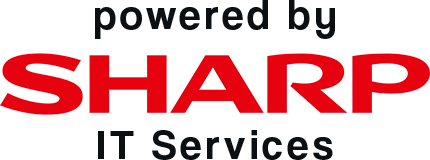WiFi Law 101
Guest Wireless
So, you have a guest wireless network, or have you been considering rolling out one out for the first time? You’ve done the research, and you’re confident about your hardware choices, network management strategy and planned security measures. All the boxes are ticked, and you’ve covered all your bases. Or have you?
Have you considered Legal compliance? It is often overlooked when implementing a guest wireless network solution, and it’s not surprising, considering how vague policies can be, and how little people know about the laws around offering or owning a wireless network. Being caught unawares in an infringement could cost your business, or make you liable for obstructing the course of justice.
Understanding the legal acts surrounding guest wireless access is key to avoiding these penalties.
4 Key Legislations to Consider
1.Data Protection act, European Directive for Data Retention Regulations 2009
This protocol deals with the policies relating to the acquisition and storage methodology of data. It describes adherence principles that ultimately allow for the identification of communication data by destination, date, time, duration and type. Communication can also be traced by these principles. According to UK law, communication data must be retained for a minimum of twelve months from the date of communication.
- 2. Anti-Terrorism, Crime and Security Act 2001
In keeping with the latter legislation, this act also requires the retention of communications data, so that it may be used by law enforcement agencies and the government to bolster anti-crime and anti-terrorism activities.
- Regulation of Investigatory Powers Act 2000
Pertaining to the principles and regulations of data retention by public bodies, this act stipulates how data surveillance may be conducted by entities in order to ensure national security and state general and economic well being.
- Digital Economy Act 2010
A media policy-related act, this legislation defines the parameters of copyright infringement, which is important as you could be held liable if an individual on your guest network acts out of accordance with the principles defined in the act. If a user on your network is caught downloading illegally off the internet, you could be faced with steep fines for failing to monitor your network’s usage, and being an accomplice to the crime.
So What Next?
To ensure you’re keeping to your legal obligations, look at your guest network objectively. Ask yourself the following questions to determine areas of improvement.
How am I storing communications data?
Can stored data easily be retrieved if legally required?
Is my network safeguarding against illegal downloads and copyright infringement?
Draw up a solid user policy that clearly states that illegal use of your network is in violation of your guest network policies. Block illegal sites that are commonly used for downloading or peer to peer sharing, and flag users attempting to download while on your network. Make sure you have easy access to communications data, and a secure storage solution. By aligning yourself with sound guest network management practices, you’ll be well on your way to offering a legal, secure guest wireless network.
To learn more or for help with your guest WiFi talk to your CIT Technical Consultant.



